Are you an olive oil-for-skin care skeptic? If so, this piece is for you. Olive oil is made by pressing olives and it has numerous properties that can make it incredibly beneficial for your skin.
However, the quality of olive oil matters. Any product that contains olive oil needs to be formulated with complimentary ingredients.
What Should I Know About Olive Oil?
At Furtuna Skin, we are a bit olive obsessed. Our private farm boasts an organic farm filled with more than 12,000 olive trees that have grown on this undefiled property for centuries.
We are meticulous in how we care for these trees, extract the oil from the olives, and combine this precious oil with other plant botanicals. It’s all done with care to ensure the benefits of olive oil are clear every time you use one of our products.
Our olive oil is:
- Cold pressed. Heat and handling can oxidize plant oils, destroy the vitamins and nutrients inside, and make it less beneficial for your skin. We use a cold extraction method for obtaining our olive oil to ensure all the antioxidants, fatty acids, and potential skin benefits better remain intact.
- Single-sourced and organic. The olive trees grown on our organic, private farm in Sicily, (some of which are close to 1,000 years old) are the only source of our olive oil found in Furtuna Skin products. Our olive trees grow in soil that has been untouched by chemicals with water from a natural, spring water source located on our property.
- Extra virgin. Olives can be pressed numerous times to extract more oil, but after the first press, the oil contains less plant compounds (read: skin beneficial ingredients). Extra virgin olive oil refers to oil that comes from the first pressing.
Because we are so intensely committed to the quality of our extra virgin olive oil, you can trust the quality of our products to deliver every essential olive oil benefit to your skin.
What Are Some Benefits of Olive Oil Moisturizer?
Traditional skin care lotions and face creams simply can’t compete with an olive oil-based natural moisturizer. The natural nutrients in olive oil make it an excellent source of hydration for all skin types.
Whether you have oily, sensitive, or blemish-prone skin, olive oil is a viable solution for improving your skin’s health.
Vitamins
Olive oil is a rich source of vitamins your skin needs to function healthfully.
It contains:
- Vitamin E. Irritated or excessively dry skin can benefit from vitamin E. Vitamin E may also help reduce the appearance of dark spots, support a healthy skin tone, and brighten the appearance of your skin.
- Vitamins A, D, and K. These vitamins play a role in keeping your skin barrier protected, stimulating collagen production, and increasing skin rejuvenation. This can help keep your skin looking and feeling more youthful.
Fatty Acids
The omega-3 fatty acids contained in olive oil aren’t just good for your body. They’re good for your skin, too. Research suggests that omega-3s, specifically DHA and EPA, may help protect your skin against UV rays, but that doesn’t mean you get to skip the sunscreen.
Fatty acids also help keep your skin plump and supple, which helps support a youthful appearance.
Antioxidant Properties
Free radicals attack your skin cells and leave behind undesirable side effects like fine lines, wrinkles, and discoloration. Free radicals come from sources like the sun, cigarette smoke, and pollution.
Dermatologists agree that the best way to fight free radicals is with antioxidants. Antioxidants are like protective barriers on your cells that help keep them safe from oxidative stress. Olive oil contains numerous antioxidants, such as hydroxytyrosol, oleacein, and oleocanthal, all can be more powerful for fighting free radicals than vitamin C.
Moisturizing
If your favorite moisturizing lotion or face oil leaves you dry, it’s time to break up. High-quality, extra virgin olive oil is an excellent source of lipids, sterols, and hydrating components that keep your skin moisturized and balanced.
Excess oil can be a sign of dehydrated skin. When your skin is dry, your sebaceous glands produce more of your skin’s natural oil, sebum, which can result in oily skin. Facial oils that contain organic olive oil and jojoba oil, like our Biphase Moisturizing Oil, are easily absorbed by the skin and can help balance your skin’s natural moisture level.
Blemish Fighting
Acne-prone skin can be hard to manage, and many face washes and skincare routines designed to combat blemishes can leave your skin irritated and uncomfortable. If you suffer from breakouts or sensitive skin, olive oil is one of the best skincare products you can use.
Because olive oil has cleansing and purifying properties, using it can be ideal for blemish-prone skin, helping fight bumps and nourishing skin simultaneously. Olive Oil also contains oleocanthal, a phenol that works similarly to ibuprofen, to help reduce inflammation caused by blemishes.
Smoothing Rough Skin
Rough patches on your skin can make your skin texture feel uneven. Olive oil works as an emollient, which means it helps soften your skin and correct areas that are uneven. The best way to tackle tough skin texture is by using an olive oil-based day and night cream. This cream protects and softens skin over a 24-hour period, instead of morning or evening.
Furtuna Skin Day and Night Cream Set is the solution for giving your skin the olive oil benefits it craves both morning and evening.
Olive Oil: The Mediterranean Skincare Solution
If you’ve been hesitant to use olive oil on your skin, now is the time to try. Pure, unaltered olive oil is one of the most effective and highly moisturizing skin care ingredients you can add to your skin care lineup.
At Furtuna Skin, we believe in the power of nature and the power and richness of olive oil. Our products are formulated with this skin-helping ingredient to help your skin radiate beauty and truly thrive.
Sources:
Vitamin E And Skin Health | Linus Pauling Institute
Omega-3 Polyunsaturated Fatty Acids: Photoprotective Macronutrients | PubMed
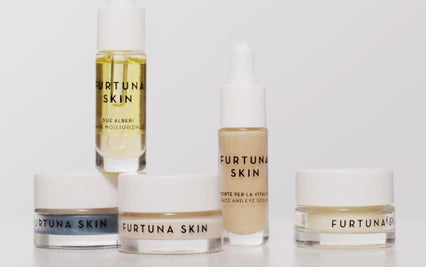
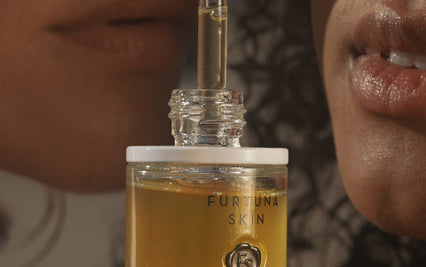
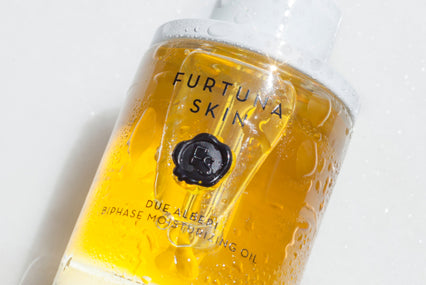
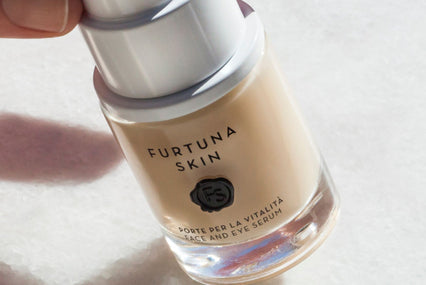
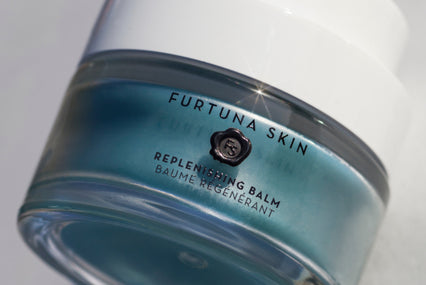
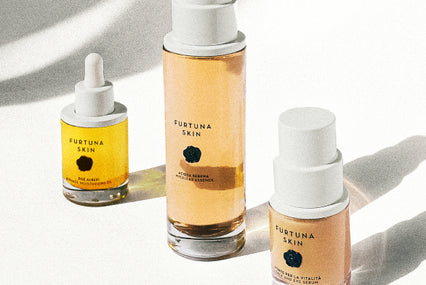
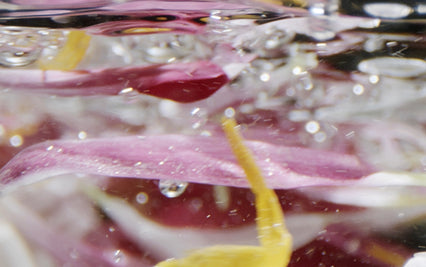
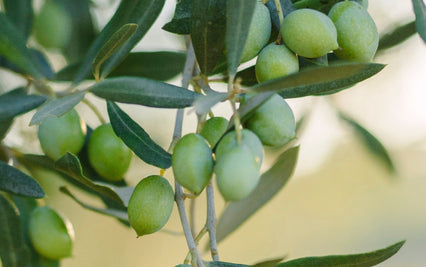




Comment